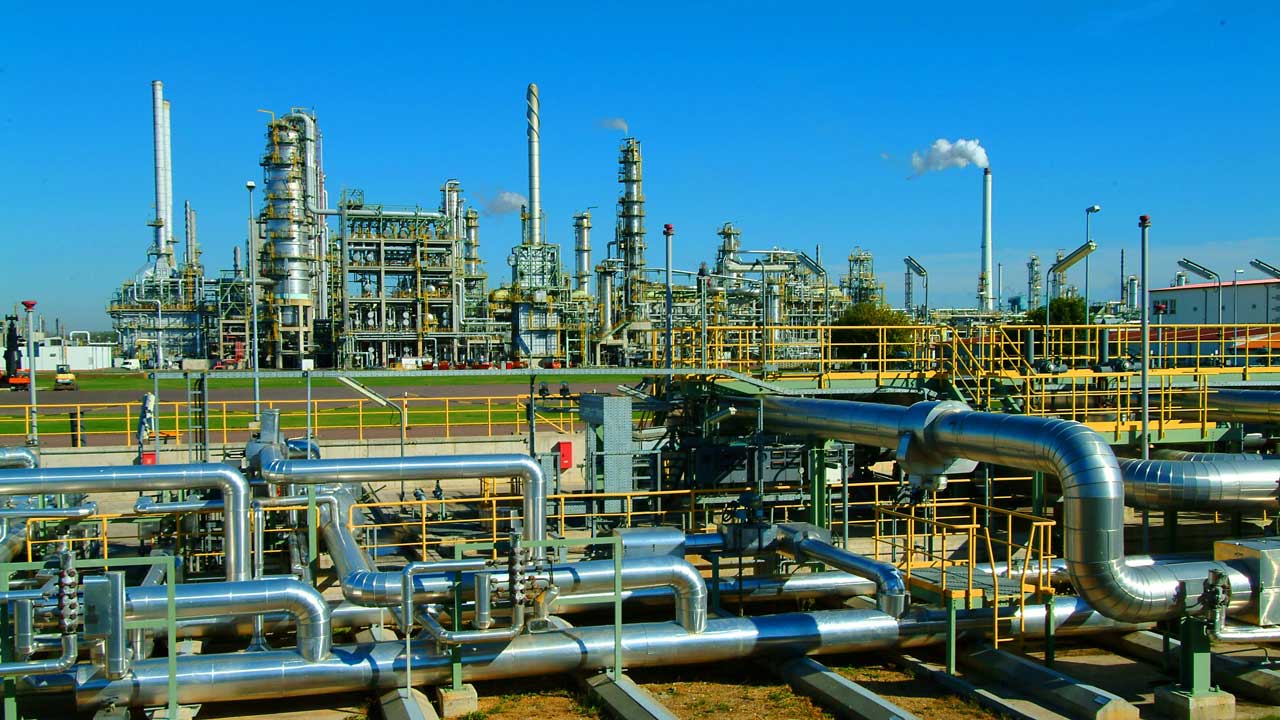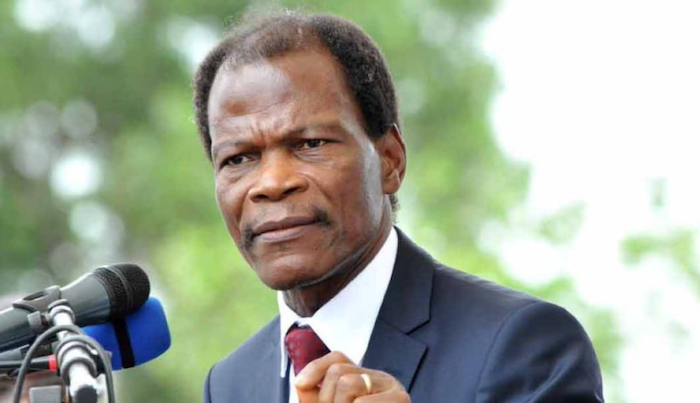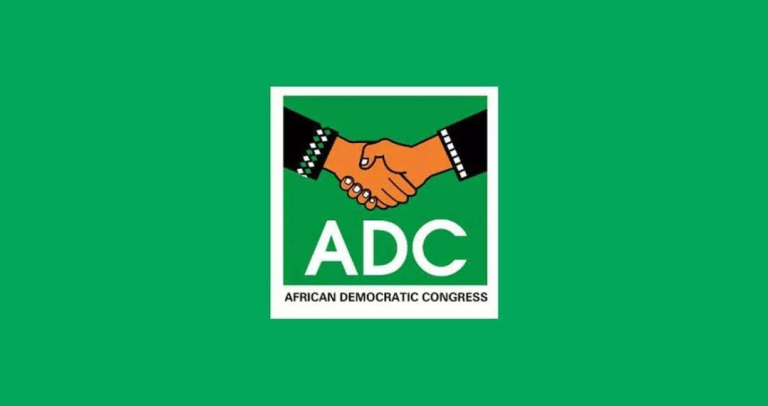
Tinubu administration eyes private partnerships and possible equity sale as part of sweeping energy sector reforms…
The Federal Government has hinted that it may sell off Nigeria’s state-owned refineries or bring in private equity partners as part of its broader economic reform strategy aimed at revitalizing the oil and gas sector, improving efficiency, and attracting foreign investment.
Special Adviser to President Bola Tinubu on Energy, Olu Verheijen, disclosed this in an interview with journalists on the sidelines of the Abu Dhabi International Petroleum Exhibition and Conference (ADIPEC) on Tuesday.
Verheijen explained that the administration is open to options that would ensure the refineries are run efficiently, provided the right technical and financial partners are found.
“It’s one of the options that you have to consider if you find the right technical partner with the right capital,” she said.
Nigeria’s four state-owned refineries located in Port Harcourt, Warri, and Kaduna have a combined installed capacity of 445,000 barrels per day (bpd) but have remained largely inactive for decades. Despite repeated turnaround maintenance projects that have cost billions of dollars, the facilities have failed to operate at meaningful capacity.
Verheijen noted that the removal of fuel subsidies has eliminated long-standing market distortions, allowing the government to push for a more transparent, commercially driven oil sector.
“Now that we’ve removed the subsidies, we’ve removed the distortions in that market,” she added.
The refineries are owned by the Nigerian National Petroleum Company Limited (NNPCL), which has already announced plans to seek technical equity partners capable of managing and operating the facilities to international standards.
In a post on X last week, NNPC Chief Executive Officer, Bayo Ojulari, reaffirmed the company’s commitment to restoring optimal operations.
“We are looking ahead with optimism to ensure our refineries operate effectively,” Ojulari stated.
However, one of the refineries was shut down on May 24, 2025, for a scheduled 30-day maintenance program. Over 80 days later, operations are yet to resume, raising questions about the pace of progress under the new NNPCL management.
According to Verheijen, President Tinubu’s reform agenda seeks to ensure that the petroleum sector operates purely on commercial terms, restoring market confidence and transparency.
She further revealed that the government’s long-term goal is to prepare NNPCL for a public listing, noting that an eventual Initial Public Offering (IPO) remains the “end destination.”
“What’s really important to the shareholders is that we have an NNPC that’s a lot more transparent, a lot more efficient, and delivers,” Verheijen emphasized.



